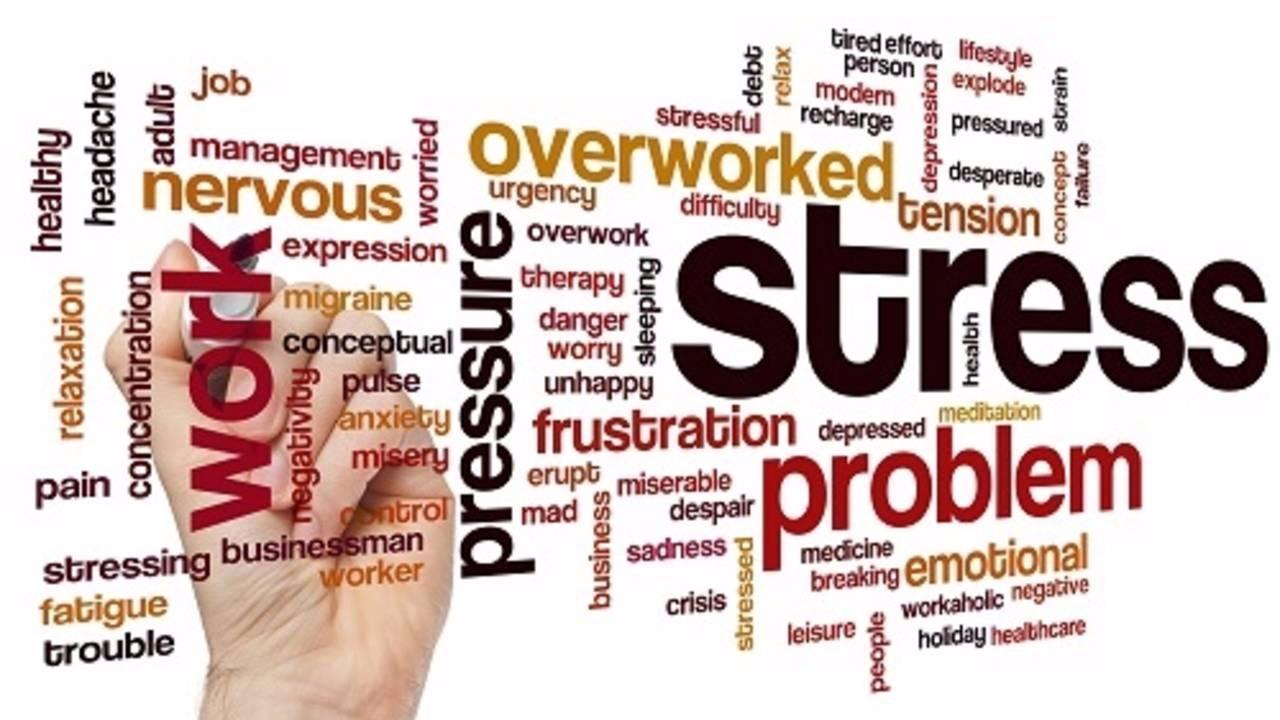What to Do for Stress Overload - Part 1
Sep 10, 2024
Life is full of stress, and it’s not always a bad thing. If we’re honest, most of us enjoy the adrenaline rush of meeting an unexpected challenge once in a while. However, none of us thrive when the stress of heavy workloads, overcommitment, family needs, and uncontrollable circumstances never lets up.
The reality is that your mental and physical health are at stake if you don’t make it a priority to engage in stress-relieving activities and habits that help you relax. Chronic stress has been linked to numerous health issues, including anxiety, depression, cardiovascular diseases, and weakened immune function (American Psychological Association, 2023).
To help manage stress, I have developed a list of 14 strategies you can start implementing today. We’ll begin with the first seven, and I’ll share the remaining seven next time.
- Give Yourself Permission to Get Away Regularly
Taking time to step away from your daily responsibilities is crucial for stress management. Whether it’s a solo activity or something you enjoy with your spouse, friends, or family, it’s important that this time is dedicated solely to relaxation. It could be a weekend at a cabin, an afternoon in the park with a good book, or even just an hour in a quiet place listening to music. The key is to ensure that it’s not work-related and that it provides you with a mental break. If needed, consider hiring a babysitter to ensure you get this time for yourself—it’s worth the investment!
- Develop a Favorite Hobby or Activity
Engaging in a hobby can significantly reduce stress by allowing you to focus on something creative, challenging, or refreshing. Whether you’ve always wanted to learn to play an instrument, sew, refinish furniture, or get back into golf, now is the time to do it. Hobbies provide a way to break the monotony of daily obligations and infuse your life with activities you genuinely enjoy. Scheduling time for hobbies can help balance your week and prevent it from being consumed by tasks you must do.
- Read at Least 15 Minutes a Day
Reading is a powerful way to escape daily stressors. It can be a stimulating adventure or an intellectual conversation with your favorite author. Reading allows you to immerse yourself in topics unrelated to your stressful circumstances and provides an opportunity to learn new things. Many people find comfort in inspirational or devotional books, which help them focus on higher, more peaceful thoughts. While television can also be an escape, it doesn’t engage your brain in the same way that reading does. If you don’t have 15 minutes a day for self-enrichment, you might be too busy!
- Engage in Expressive Writing
Expressive writing involves pouring your stress onto paper or a keyboard to process it more effectively. Write down all the big and little things that stressed you out today and how they made you feel. This exercise can help you "pop the cork" on bottled-up feelings and often leads to the realization that the issue wasn’t as bad as it initially seemed. Writing your thoughts and feelings down can also help you gain perspective on your stressors (Pennebaker, 2018).
- Share a Good Belly Laugh with Someone
Laughter is a natural stress reliever. Sharing a good laugh with a friend, family member, or even a child can quickly and effectively dissipate stress. Humor increases the release of endorphins, the body’s natural feel-good chemicals, creating a sense of relaxation and improving your mood (Mayo Clinic, 2023). While sharing a laugh with someone is ideal, even reading jokes or watching a comedy can reduce stress more effectively than consuming suspenseful or dramatic content.
- Utilize Progressive Muscle Relaxation (PMR) Exercises
Progressive Muscle Relaxation (PMR) is a technique that helps you focus on and release muscle tension, which in turn helps relax your mind. To practice PMR, lie down or sit comfortably in a chair with your back supported and feet on the floor. Breathe slowly, and start by focusing on your toes. Tense and then relax them, then move up through each muscle group in your body, consciously relaxing them as you go. With practice, you can quickly go through this exercise anytime, anywhere. As your body relaxes, your mind will follow (Jacobson, 1938).
- Use Aromatherapy
Aromatherapy involves using certain plant-derived scents that have been shown to lower cortisol levels and reduce stress and anxiety. Aromatherapy products such as scented candles, lotions, oils, bath salts, and diffusers are readily available. Popular scents for stress reduction include lavender, chamomile, patchouli, lemon, vanilla, rose, sandalwood, and orange. These aromatic products can be a helpful way to manage stress, even when you can’t physically remove yourself from stressful surroundings (McEwen, 2020).
Next time, we’ll explore seven more practical strategies to prevent stress from overwhelming your life.
Live, Work and Relate Well!
Dr. Todd
References:
American Psychological Association. (2023). Stress and Health. APA. https://www.apa.org/topics/stress/health
Pennebaker, J. W. (2018). Expressive writing in psychological science. Perspectives on Psychological Science, 13(2), 226-229.
Mayo Clinic. (2023). Stress relief from laughter? It’s no joke. Mayo Clinic. https://www.mayoclinic.org/healthy-lifestyle/stress-management/in-depth/stress-relief/art-20044456
Jacobson, E. (1938). Progressive Relaxation. University of Chicago Press.
McEwen, B. S. (2020). The role of aromatherapy in reducing stress. Journal of Psychosomatic Research, 133, 110113.
Learn How to Build Unshakeable Self-Confidence Using Scientifically Proven Methods in 30 Days!
Our Confidence in Mind online course unveils how to eliminate embarrassing self-doubt, paralyzing fear, and the crippling voice of the inner critic.
Sign-Up Today!
Stay connected with our newest Blog posts and updates!
Join our mailing list to receive the latest Relate Well Blog posts and updates from our team.
Don't worry, your information will not be shared.
We hate SPAM. We will never sell your information, for any reason.
